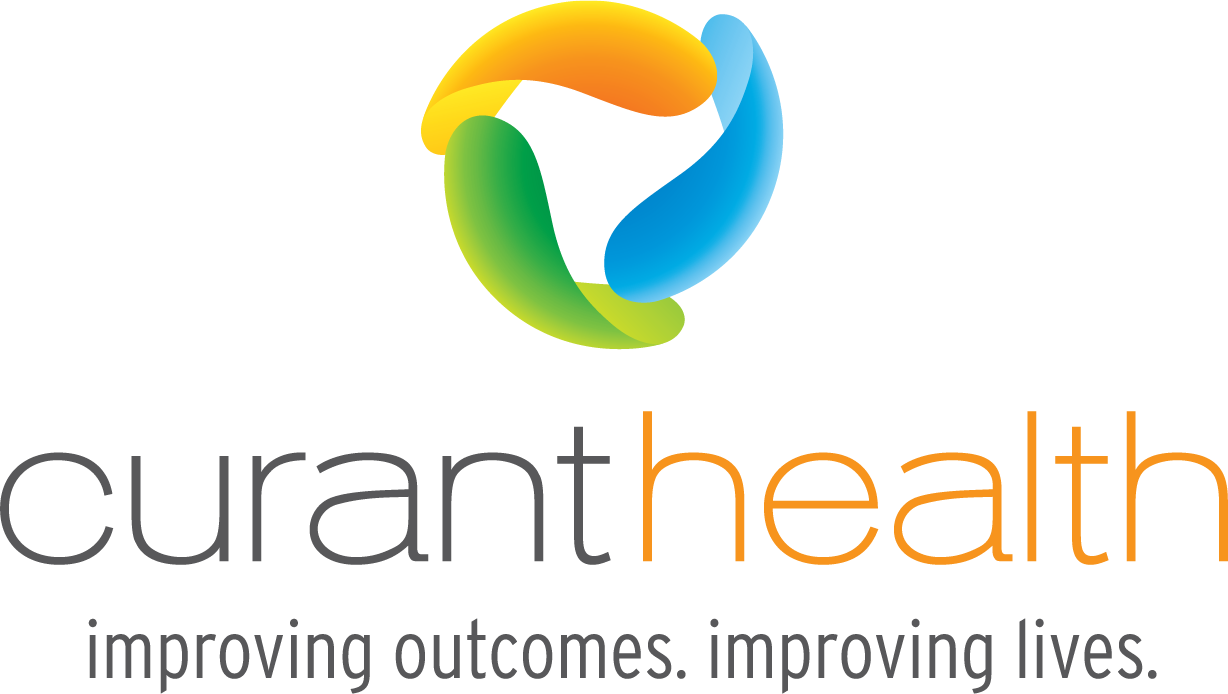July 27, 2015 - Curant Health COO, Marc O’Connor, in Managed Healthcare Executive - Pharmacists are at last becoming recognized as frontline healthcare defenders for the chronically-ill, elderly, and high-risk patient populations. Clinical pharmacists provide critical health information and wellness practices needed to move both sides of the healthcare value equation in the right direction: improving outcomes and reducing costs. With 75% of healthcare spending in the United States dedicated to the treatment of chronic diseases, the economic implications of noncompliance among patients cause a severe strain to healthcare systems and payers. An IMS Health study indicated that $105 billion of $213 billion in avoidable U.S. medical expenses annually is attributed to medication nonadherence.
The expanding role of the pharmacist has a major impact on increasing patient adherence, maximizing the value of high-cost medication therapies, reducing readmissions and more. Here are four reasons a clinical pharmacist should be part of care teams for chronically-ill, elderly, and at-risk patient populations:
They increase time per patient interaction
According to a study published in The Journal of General Internal Medicine, physician interaction with a patient lasts only eight minutes. The physician time crunch will get worse, as the Affordable Care Act is increasing coverage access to millions of Americans.
Clinical pharmacists’ expertise and accessibility can make a huge difference in patient outcomes. While conducting medication therapy management, clinical pharmacists can spend time discussing medication issues and protocols with patients. As physicians are forced to squeeze more patient visits into the day, clinical pharmacists can step in and serve as additional educators and counselors for patients. This allows for additional quality interactions, including discovery and patient education that contribute to improvements in medication adherence and improved outcomes.
To read Marc's full article, visit Managed Healthcare Executive.
To learn more about Curant Health, contact Kristin Lindsey, Marketing Director, at klindsey@curanthealth.com.
